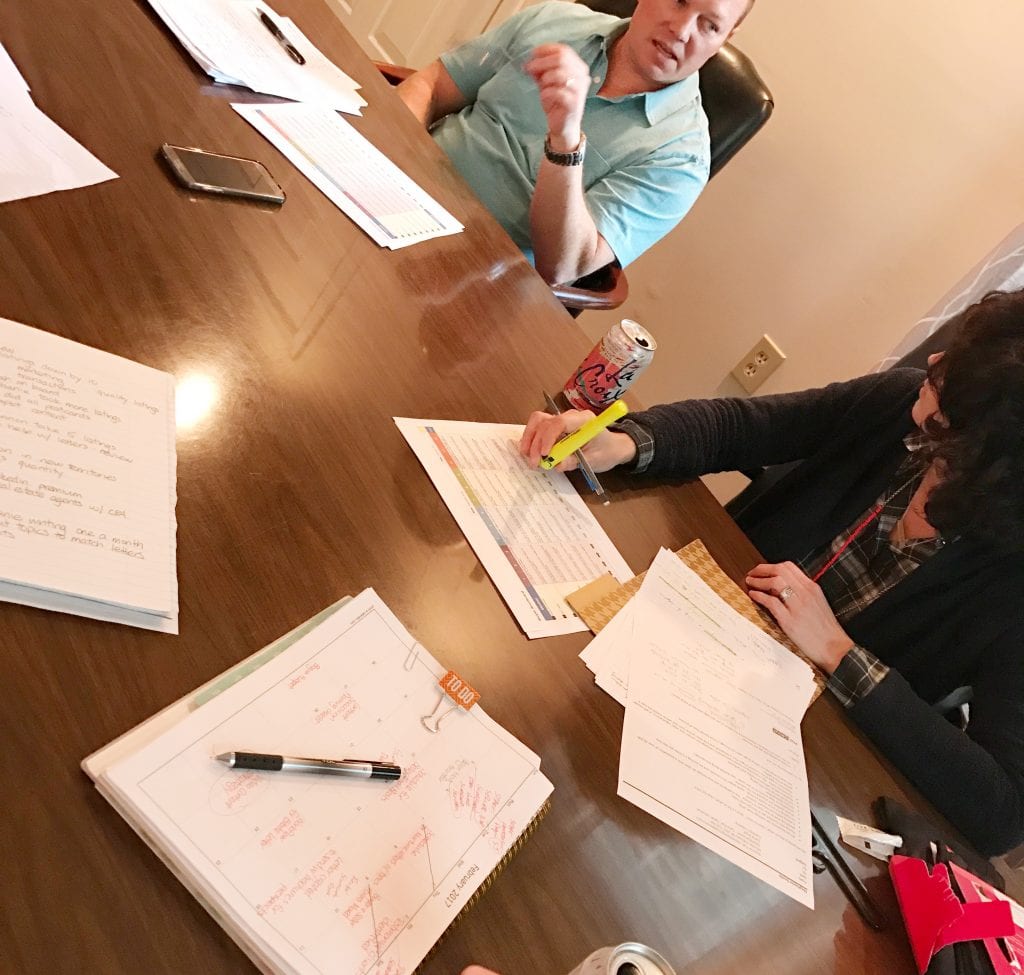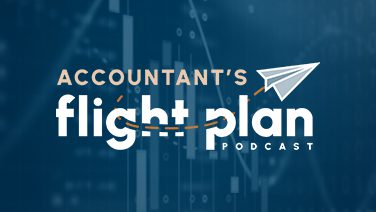The Value of an Hour
Below is a guest post from Ron Baker, founder of VeraSage.
Value pricing is one of the key concepts for running a successful practice included in Accountant’s Flight Plan.
In my opinion, Ron is The thought-leader on value pricing in the accounting industry. (see his short bio below.) Enjoy Ron’s Insights on pricing and on time!
I was interviewed by Kate Burgess of BRW, an Australian business magazine. She was working on a story regarding the billable hour and timesheets in accounting firms.
I told her the philosophy of Value Pricing, contrasting the labor theory of value with the subjective theory of value. I also told her what thousands of firms are using instead of timesheets—namely, Fixed Price Agreements, Change Orders, KPIs, After Action Reviews, and good project management skills.
The article was published titled “The value of an hour: Timesheets may seem old-fashioned and a burden on employers and employees, but they can also add value.”
It starts by introducing Barry Lindback, principal in Lindback Partners, who had eliminated timesheets 10 “glorious” years ago. But Barry couldn’t reconcile his “staff costs against the amounts he was billing clients.” What did he do? He brought back timesheets. He estimated he could have charged up to $220,000 more in the financial year, or 30% of his revenue.
Here is how Barry explained his decision:
I had been doing value pricing for a number of years without timesheets. I didn’t know my work-in-progress balance because I had no way of accounting for it. You have no way of knowing whether you’re inefficient or not.
I had no idea that Barry Lindbeck would be quoted, but I am confident I know why he was leaving money on the table without timesheets. He wasn’t really Value Pricing. If he truly believes that he left money on the table because of un-captured hours, then he is missing the point completely.
There is no correlation between hours and value.
I further conjecture his firm wasn’t utilizing, or capturing, Change Orders, which will put a damper on a fixed price contract.
To argue you can’t compute WIP without timesheets is nonsensical. I’m sure Barry studied percentage of completion accounting, and you don’t need timesheets to do that.
What’s truly annoying about the tone of the article is there is no recognition that accountants are knowledge workers. Quite frankly, we are too talented to waste our time accounting for every six minutes of our day, especially since it has NO relationship to value.
Firm leaders that don’t understand this fact treat their employees like waiters, not chefs. Is it any wonder our profession is losing talent, and not attracting the best and brightest? Who wants to work for someone who insists they account for every minute of their day?
Barry wheels out the old canard of measuring productivity, but this is preposterous. A timesheet does not measure the productivity of a knowledge worker. Someone can look excellent on a timesheet while being an ineffective knowledge worker.
A timesheet can’t measure the bedside manner, communication skills, pride, passion, creativity, innovation, and all of the other intangibles that comprise an effective knowledge worker.
To believe it can is an illusion our profession has suffered under long enough.
Furthermore, to run your firm with timesheets is the equivalent of timing your cookies with your smoke alarm. By the time something appears on a timesheet it is, by definition, no longer manageable.
If Nobel Prize winning economists have trouble measuring the “productivity” of a knowledge worker—not to mention their effectiveness and capacity to create value—then certainly filling out a timesheet is not the solution we seem to think it is.
A timesheet will never be able to tell you how much money you are leaving on the table. And that sum, I guarantee you, dwarfs any marginal gains you will make in “efficiency” by tracking every minute of your day. Do not confuse being busy with being effective and creating value.
Businesses don’t exist to be efficient; they exist to create wealth for their customers. I’m sure the buggy whip manufacturers were efficient. So what? In a knowledge environment, effectiveness is far more important than efficiency.
Isn’t it time the leaders and consultants to the profession recognize accountants are knowledge workers? Unleash their brains, give them the autonomy they need to add value, and stop micro-managing them to make up for the lack of firm’s pricing and project management skills. Until we do, our profession is not going to attract stars.
In short, there is no value to an hour because customers of professional knowledge firms don’t buy time. Oh, and by the way, stars don’t work for idiots.
Ronald J. Baker started his CPA career in 1984 with KPMG’s Private Business Advisory Services in San Francisco. Today, he is the founder of VeraSage Institute—the leading think tank dedicated to educating professionals internationally—and a radio talk-show host on the www.VoiceAmerica.com show: The Soul of Enterprise: Business in the Knowledge Economy. As a frequent speaker, writer, and educator, his work takes him around the world. He is the author of seven books, including: Professional’s Guide to Value Pricing; The Firm of the Future: A Guide for Accountants, Lawyers, and Other Professional Services, co-authored with Paul Dunn; Pricing on Purpose: Creating and Capturing Value; Measure What Matters to Customers: Using Key Predictive Indicators; Mind Over Matter: Why Intellectual Capital is the Chief Source of Wealth; Implementing Value Pricing: A Radical Business Model for Professional Firms; and his latest book The Soul of Enterprise: Dialogues on Business in the Knowledge Economy, co-authored with Ed Kless.






